Read about often forgotten icon Wyomia Tyus and her quest for Olympic gold.


Read about often forgotten icon Wyomia Tyus and her quest for Olympic gold.
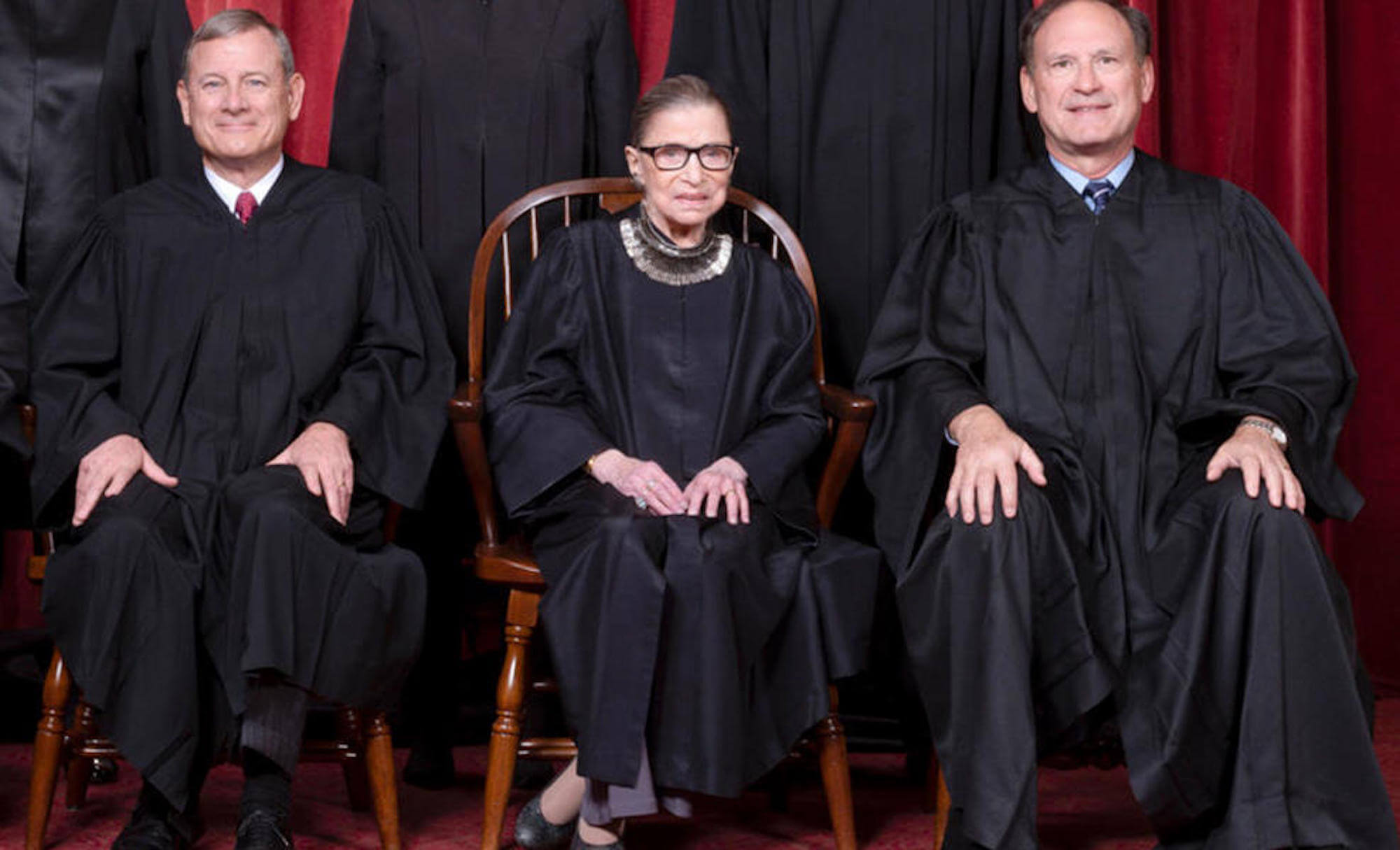
Want to know more about the extraordinary Ruth Bader Ginsburg? Read through this list of fast facts revealing some of the important work she accomplished during her career.

LISTEN: Afghan women fear what will happen to the rights they have fought for over the past two decades if the Taliban resumes power.
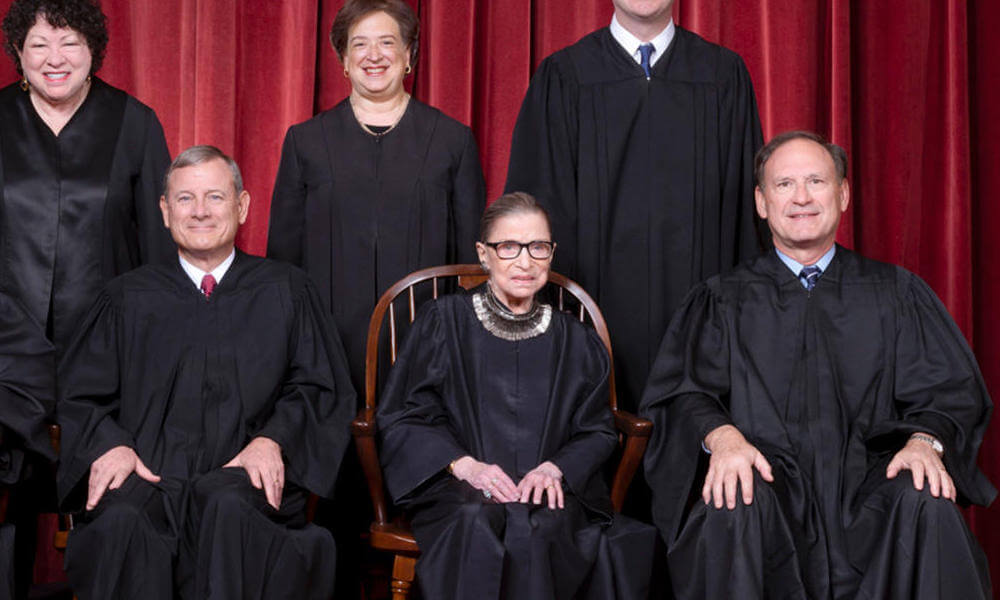
The death of Supreme Court Justice Ruth Bader Ginsburg impacted millions of people who have benefitted from her work for equality. Read about her life and monumental successes.
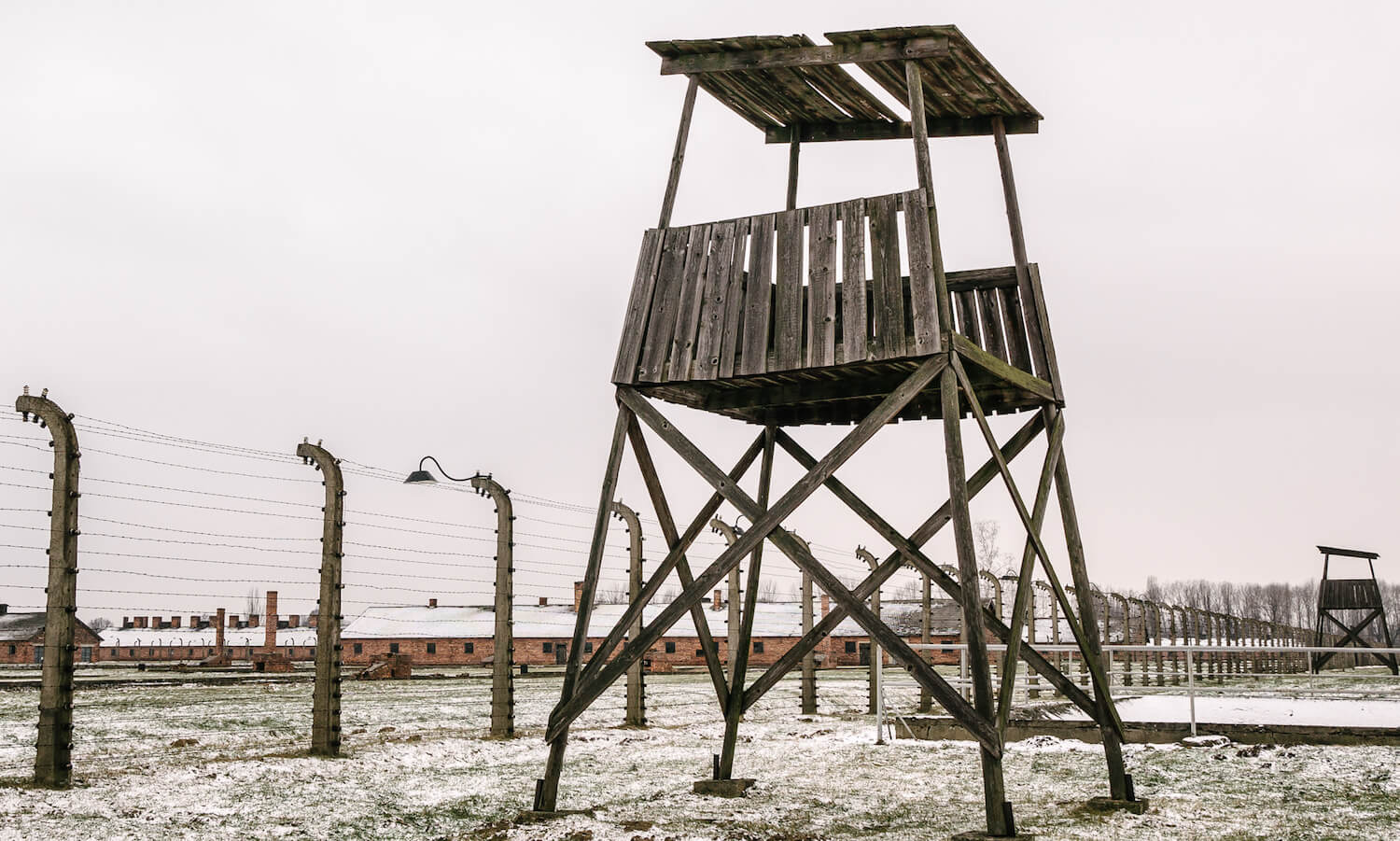
Read this article to learn about why all students should know what the Holocaust was and when it occurred to ensure events like these never happen again.

Learn about why the people of today are still fighting for the Juneteenth holiday and how it connects to the Civil Rights movement of our past.

Notable science fiction author Ursula K. Le Guin wrote a novella about a far-off world that reflects the history of racism and colonization on our own planet. Click here to see graphic novelist Ben Passmore’s rendering of this story.

Could the coronavirus crisis compel a divided America to become more unified? According to this article, we’re living in “a national defining moment.”

For her brave work and continued activism concerning women’s rights and education, Malala Yousafzai was awarded the Nobel Peace Prize. Read more about her life and advocacy here.

Read about the history of the modern world through the lens of New York Times articles.

Learn more about the bribery, fraud, and corruption which ran rampant during the Gilded Age
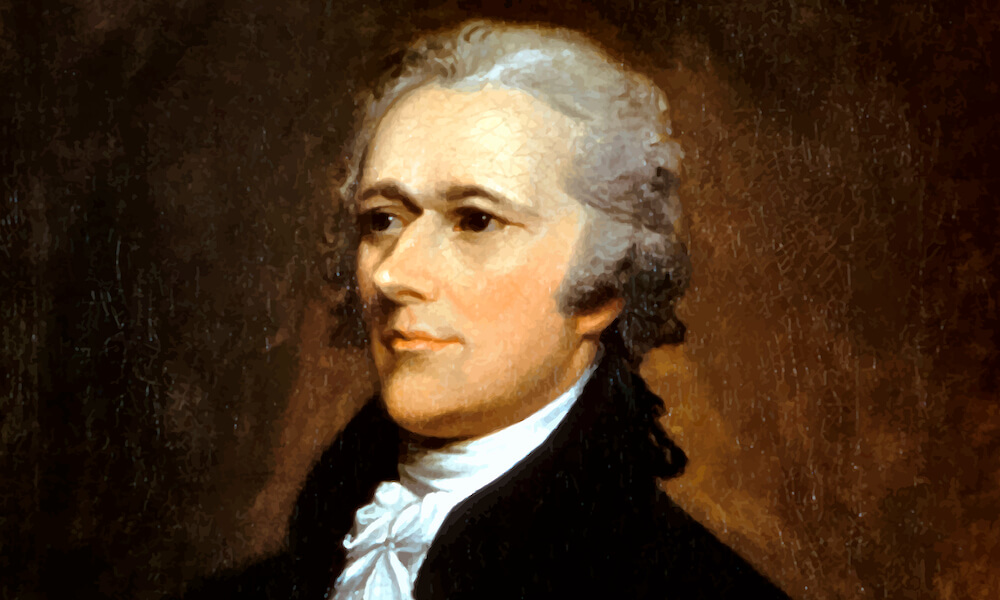
With the recent release of the Hamilton movie, renewed backlash and criticisms have warranted a response from the cast.

Watch this short video to learn about how the Enslaved descendants of West African heritage find common ground in order to bring their culture to an entire generation of Americans.
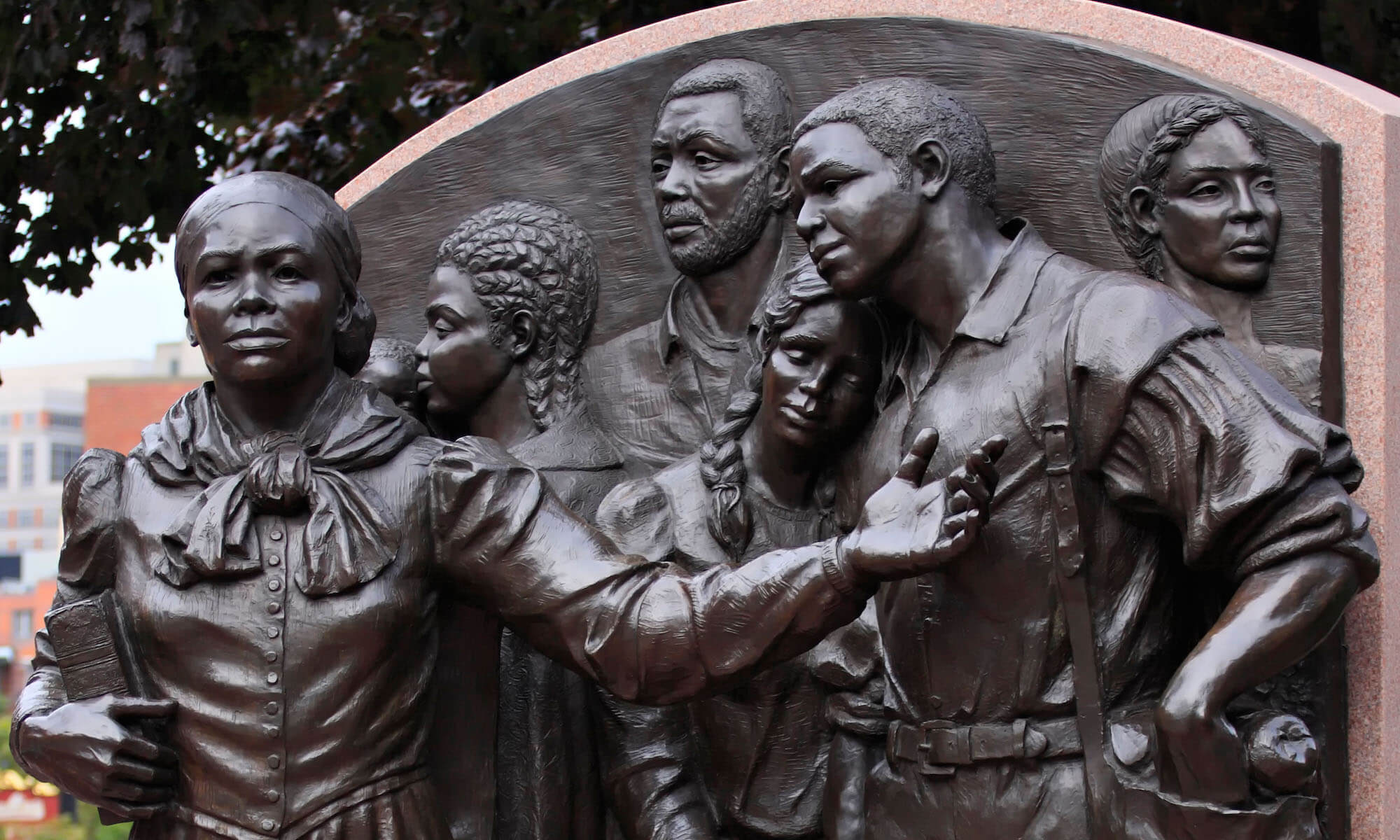
Read about where Harriet Tubman got her start as a conductor on the Underground Railroad.
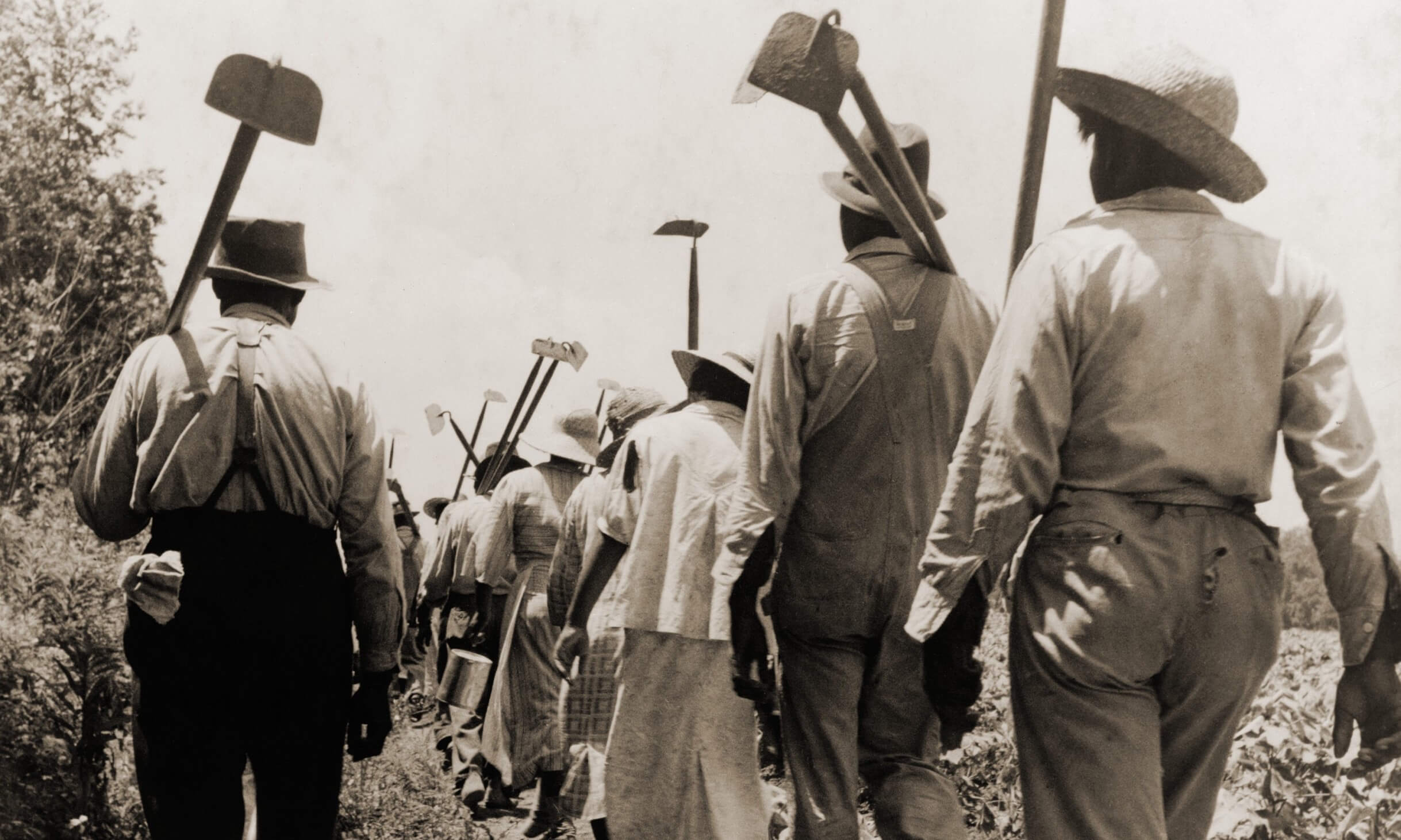
Read this article to learn how inequalities were perpetuated after slavery was abolished. Consider this researcher’s opinions on generational wealth and systemic poverty.

Walt Whitman spent a great deal of his life in Brooklyn. Choose a part of Walt Whitman’s Brooklyn to explore, complete with commentary, photographs, and Whitman’s own words.
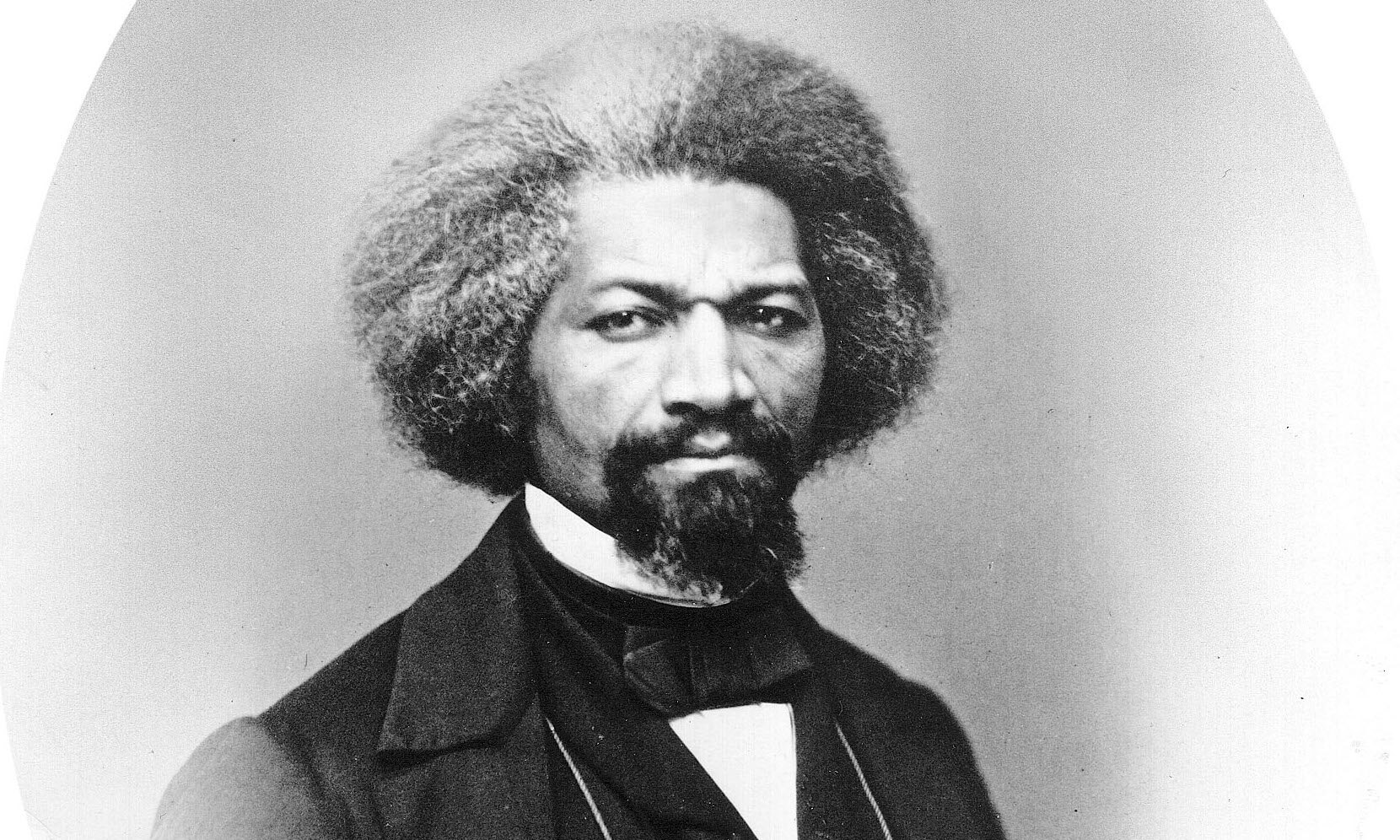
View one photographer’s powerful photo series where he recreates portraits of famous Americans with their descendants.

Read a current journalist’s thoughts on journalism of the past as it pertains to sentiments on refugees.
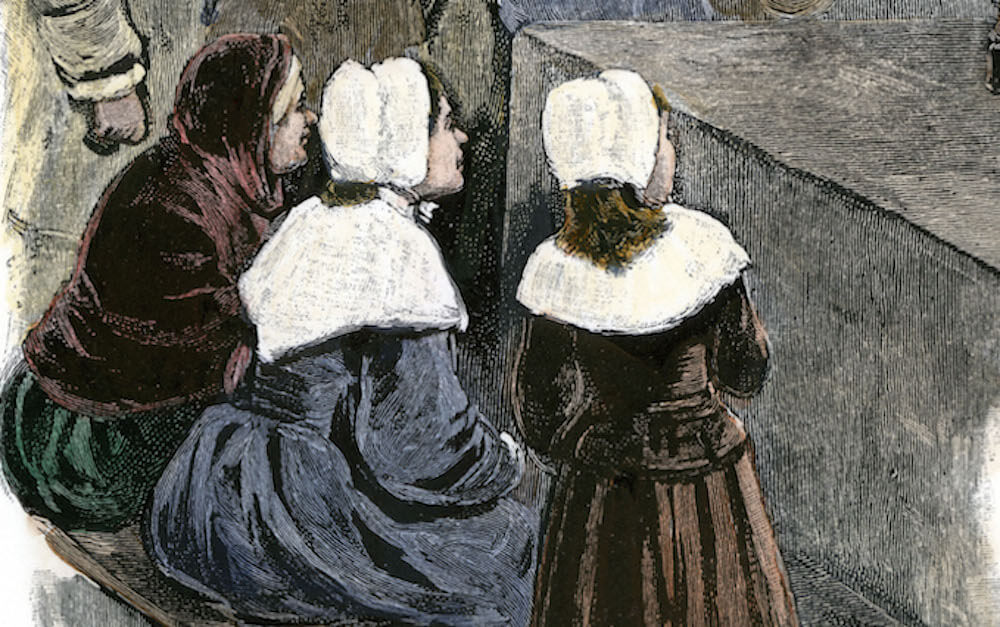
Watch: The Salem Witch Trials emanated from falsities, but the destruction they caused were all too real.

Washington’s NFL team retires “Redskins” name after decades of criticisms in the wake of recent racial injustices.